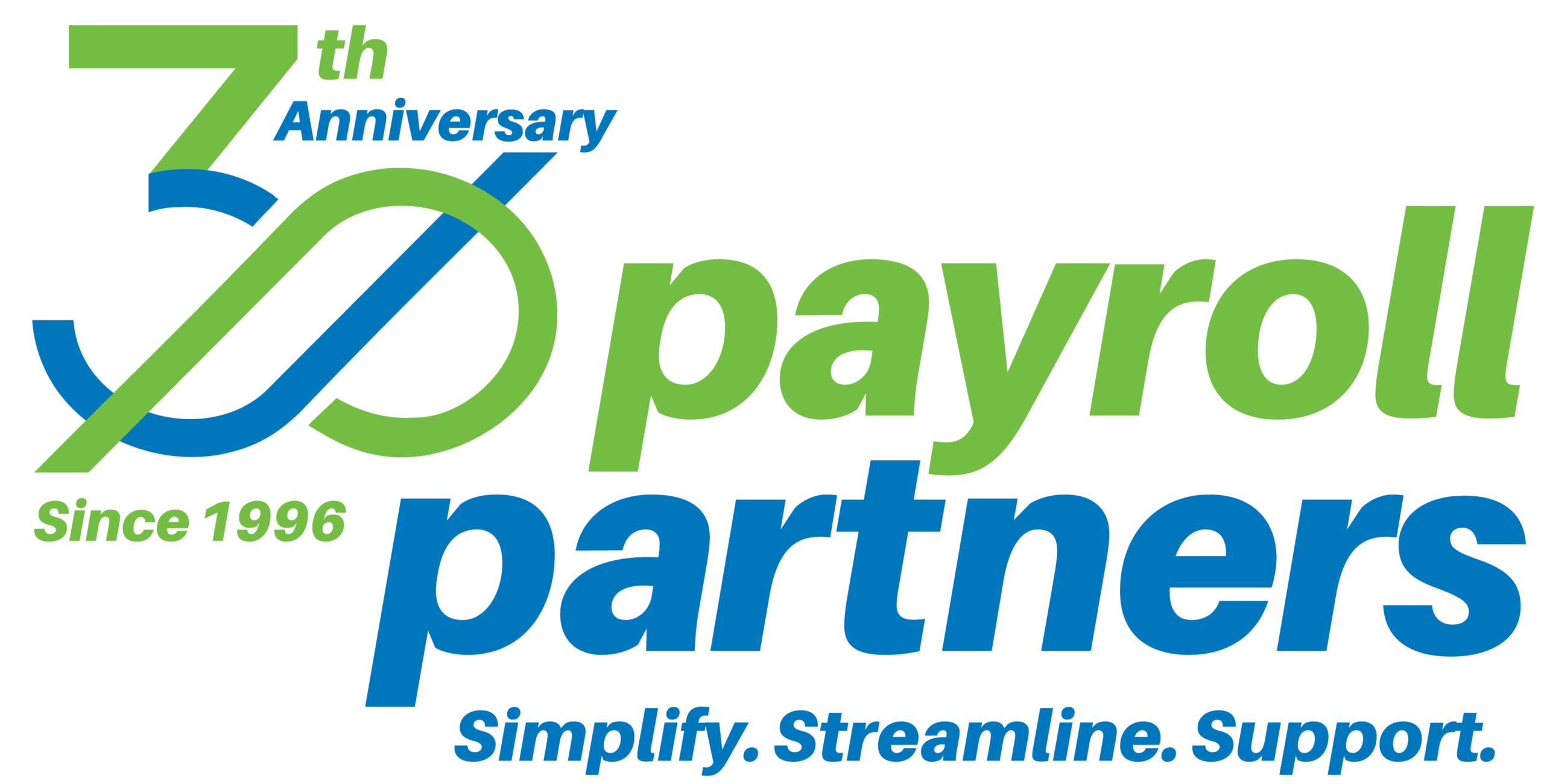As America continues to move through the COVID-19 pandemic, we’re confident we’ll emerge stronger than ever, and one of the main reasons is increased understanding of the need to support each other. By crystalizing the critical link between work and wellbeing, the past two years helped us speak more openly about mental health and the workplace – and it’s an important conversation to have.
In a 2021 American Psychological Association survey, nearly 3 in 5 employees (59%) said they have experienced negative impacts of work-related stress in the past month, and a vast majority (87%) of employees think actions from their employer would help their mental health. What’s more, those who typically feel tense or stressed during the workday are more than three times as likely to say they intend to seek employment elsewhere in the next year, creating challenges for employers seeking to retain valued talent.
When it comes to mental health, some populations are shouldering the heaviest burden. Overall, anxiety and depression symptoms have risen sharply over the past two years, but data from the National Center for Health Statistics’ Household Pulse Survey indicate that Black Americans report higher levels than the general population. This is for a variety of complex reasons, including cultural norms and systemic barriers to accessing assistance for their mental health needs. We also know that people who have had COVID-19 and are now experiencing lingering symptoms (a condition referred to as long COVID) are reporting anxiety, stress and other mental health conditions.
These COVID-related challenges and historical inequities are underscoring a very real and urgent mental health crisis. The assistant secretary of the department’s Office of Disability Employment Policy is committed to addressing it – and the workplace is one important avenue for doing so.
Many of us likely understand the impact of mental health on work through personal experience. Whether you’re a remote employee experiencing isolation, an essential worker facing stress and uncertainty in the field, a friend or caregiver to someone with a mental health condition or perhaps managing one yourself, the past two years have reinforced that we all have mental health needs. But they’ve also served to bring to light that, pandemic or not, the workplace can be a source of support – for workers of all ages, in all types of jobs and from all backgrounds.
That’s the premise behind the new “Mental Health at Work: What Can I Do?” PSA launched in late March 2022. This PSA is a production of our Campaign for Disability Employment, a collaborative effort funded by ODEP. It features four individuals – a CEO, manager, co-worker and employee open about having a mental health condition – each sharing what they and others in their positions can do to help promote mental health at work. It’s an important message always, but especially today as we reimagine more equitable and inclusive work environments in the post-pandemic world.
In addition to being distributed to television and radio stations nationwide, different versions of the PSA – including one in Spanish – are available online, along with a set of companion materials, including a poster, workplace guide, behind-the-scenes video interviews and workplace mental health resources.
We should note that this new campaign is one of many angles to ODEP’s work on mental health. While it focuses on effective workplace strategies, we also promote evidence-based workforce development policies and best practices. For instance, through our Advancing State Policy Integration for Recovery and Employment initiative, we help states advance competitive integrated employment for people with serious mental health conditions, and through our Center for Advancing Policy on Employment for Youth, we’re exploring best practices for supporting the mental health needs of youth as they transition from school to adulthood and employment. ODEP also represents the department on the Interdepartmental Serious Mental Illness Coordinating Committee led by the Substance Abuse and Mental Health Services Administration.
Through all these initiatives, we hope to make a positive difference as we collectively recover from the COVID-19 pandemic and seek to build a more inclusive, equitable workforce, and more supportive, welcoming workplaces, for all workers.
Original content by the Department of Labor. This information is provided with the understanding that Payroll Partners is not rendering legal, human resources, or other professional advice or service. Professional advice on specific issues should be sought from a lawyer, HR consultant or other professional.

